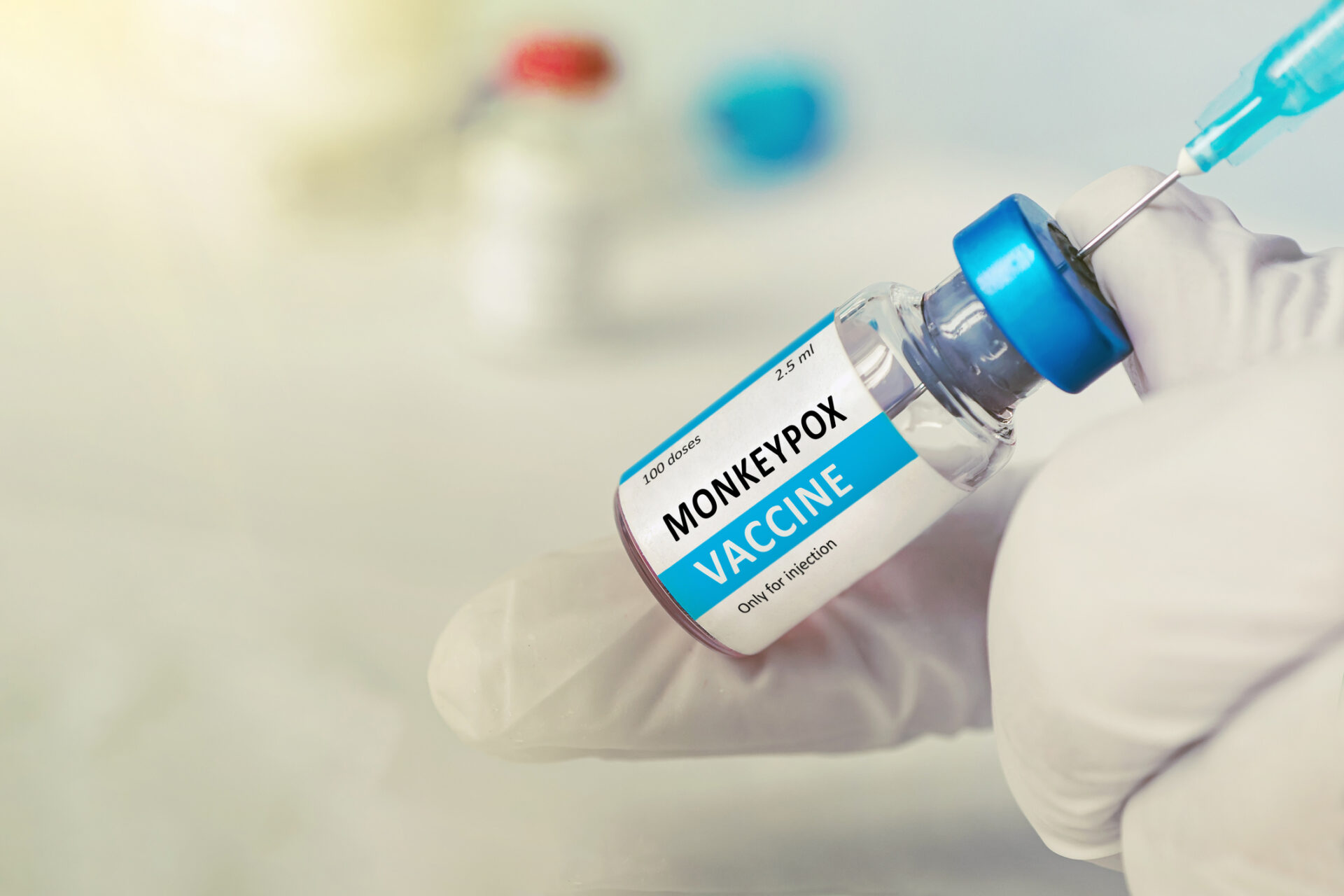
Health Hormone Health

If you watch or read the news, you’ve most definitely heard of monkeypox. But what is monkeypox, and is it something you should be concerned about? How can you prevent it? Keep reading for the answers.
Let's TalkMonkeypox is an infectious disease that’s caused by a virus similar to smallpox. Luckily, it is not as dangerous as smallpox. While many have only recently heard of the disease thanks to the 2022 outbreak, it has been around in some parts of the world for a long time.
Monkeypox is characterized by a rash that may be accompanied by flu-like symptoms. Those who contract the disease are typically ill for two to four weeks. A person with the disease can spread the illness from when symptoms form to when the rash has healed. The jury is still out on whether monkeypox can spread before a person starts showing symptoms.
Contrary to popular belief, monkeypox is not an STI, though it can be spread through intimate contact.
Monkeypox got its name because the disease was initially isolated in monkeys. However, the virus is more often carried by rodents than primates. The World Health Organization is considering changing the name of the disease since many find it confusing.
Symptoms usually begin within three weeks of exposure. Symptoms of the disease include:
If you contract monkeypox, you may not experience all of these symptoms. Some people only get a rash and manage to avoid the flu-like symptoms.
The rash is the main symptom of the disease. So if you develop a new, unexplained rash, speak to a healthcare provider right away.
Although monkeypox is related to smallpox, it is not as dangerous. Monkeypox can cause severe illness, but most cases clear up on their own. It is more dangerous for immunocompromised people and children. So, if you contract the disease, it’s important to self-isolate until you feel better.
Unfortunately, there currently is no specific treatment for monkeypox. However, since this disease and smallpox are related, medication for smallpox may be used to treat monkeypox. These treatments are usually reserved for very severe cases. Most people who contract the disease will just need to manage their symptoms while their bodies heal.
If you do come down with monkeypox, there are a few things you can do to ease the symptoms:
According to the CDC, the majority of cases of monkeypox occur in men who have sex with other men. However, anyone, regardless of sexual orientation, can contract the disease. Monkeypox spreads through close or intimate contact with someone who has the infection. It can also spread through touching objects, fabrics, or surfaces that have been touched by someone with the disease.
The number one thing you can do to prevent monkeypox is to get vaccinated. However, since the vaccine is in limited supply, you may want to consider temporarily changing some behaviors that may put you at risk.
Make sure you exchange contact information for any new sexual partners. This way, you can follow up with them if you need to.
It may feel a little awkward, but ask your sexual partner if they’re experiencing any symptoms of monkeypox. Sometimes symptoms are mild so your partner might not think to bring it up. If they do have symptoms, avoid intimate contact and do not touch any affected areas.
Since monkeypox spreads through skin-to-skin contact, concerts, raves, and other events where people are clothed are fine. Until you can get vaccinated, avoid crowded areas and enclosed spaces where people wear minimal clothing (saunas, back rooms, etc.).
It may go without saying, but wash your hands! Disinfect your hands often, either with soap and water or hand sanitizer, especially before eating and after going to the bathroom.
The bottom line is if you have an unexplained rash, talk to your doctor.
While Opt Health does not diagnose or treat monkeypox, we do help with other conditions such as low testosterone, ED, and insulin resistance. Contact us for a free consultation to learn how Opt Health can help you regain your edge.
Your health, your terms. Discover how personalized care can transform not just the way you feel, but how you live.